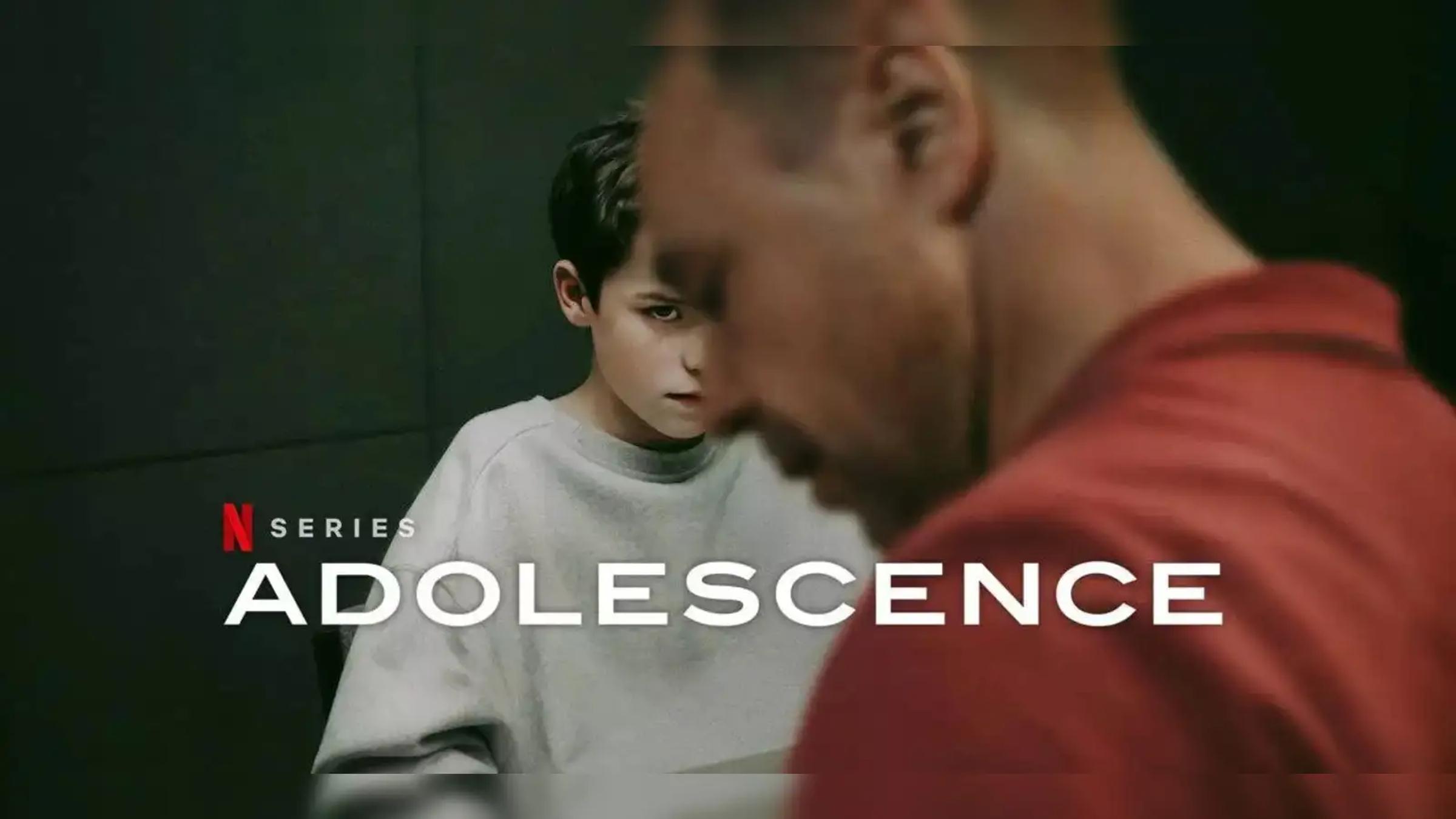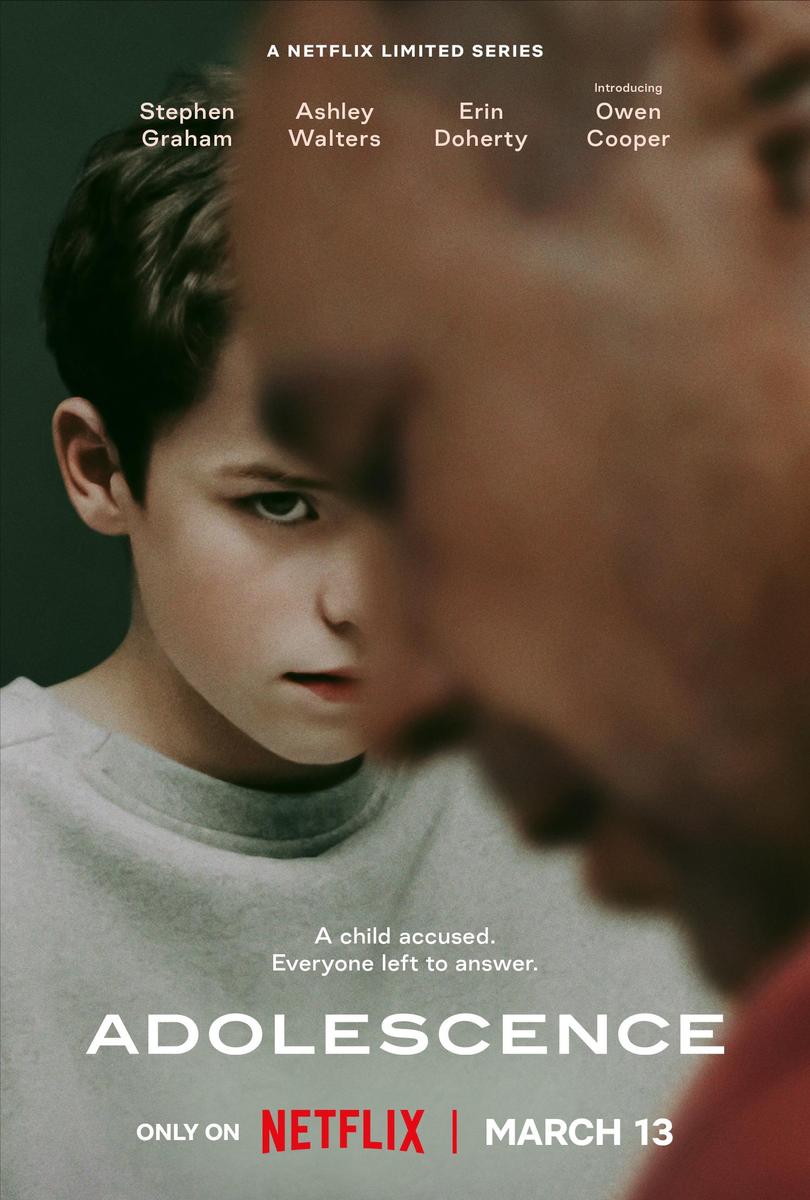What Netflix’s Adolescence Tells Us About the World Our Children Are Navigating

"...challenge the algorithms, resist the pressure, and create space for our children to grow up safely, slowly, and with humanity"
Earlier last week, I watched all four episodes of the Netflix series Adolescence. I don’t often make direct viewing recommendations, but this one is different. I encourage all parents and carers to watch it—no matter the age of your child. It’s raw, compassionate, confronting, and utterly relevant to the world our children are growing up in.
At the heart of the series is a boy—Jamie—whose actions shock those around him. But as the series unfolds, it becomes clear that Jamie is not a monster. He is a child growing up in a world saturated with toxic messages, largely accessed through his phone and reinforced by manipulative influencers. Adolescence asks the question: how could this happen in a loving family? And the most chilling part is that the answer isn’t far-fetched. It is happening. Quietly. All around us.
As parents and educators, we want to believe love is enough. But Adolescence shows us that even with a stable home, a good school, and caring adults, the influence of the online world can overwhelm everything else. I’ve written to families before about the critical importance of delaying access to smartphones and social media, especially through early adolescence. Watching Adolescence only deepens that conviction.
Steve Biddulph, one of Australia’s most trusted voices on parenting, reflected powerfully on the program: the greatest error made by Jamie’s fictional parents was the same one made by many real parents—they allowed private, unregulated access to online devices. The damage, Biddulph notes, lies in the dosage. Occasional exposure may be inevitable, but daily unsupervised access rewires a young person’s worldview—especially about gender, relationships, and power.
". . . the greatest error made by Jamie’s fictional parents was the same one made by many real parents—they allowed private, unregulated access to online devices"
This aligns closely with what I’ve previously shared with families at Wangaratta High School here:
- Devices do not belong in bedrooms.
- Social media and smartphones should be delayed as long as possible—16 is not too late.
- A basic mobile phone is more than enough for contact.
- And yes, it’s okay to change your mind, reassert boundaries, and even revoke access.
The world portrayed in Adolescence is not a fictional exaggeration—it’s an honest mirror. Young people are being sold dangerous ideologies dressed up as empowerment and "truth". Boys in particular are being targeted with messages that reject empathy, glorify dominance, and cast women as either threats or objects. The consequences can be profound.
But there is hope. The series also shows moments of deep love, self-reflection, and courage. It reminds us that strong relationships, honest conversations, and shared values still matter. And that schools, parents, and communities must work together—not in fear, but with resolve.
This is one of those moments when we are called to act. To reassert our role as the adults in the room. To challenge the algorithms, resist the pressure, and create space for our children to grow up safely, slowly, and with humanity.
If you watch Adolescence, I’d welcome your reflections. More importantly, I urge you to reflect on what it means for your child, their technology use, and the conversations you're having at home.
Dave Armstrong
Executive Principal

